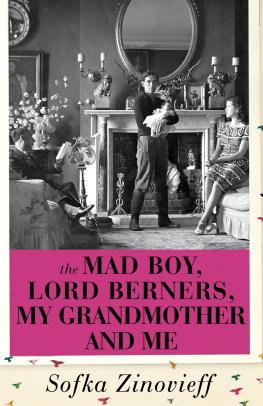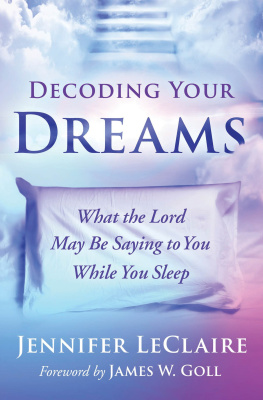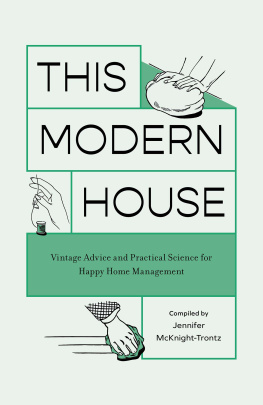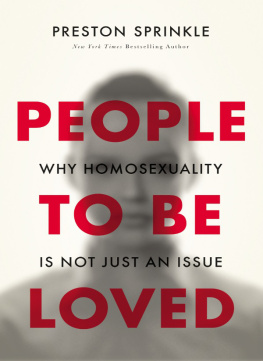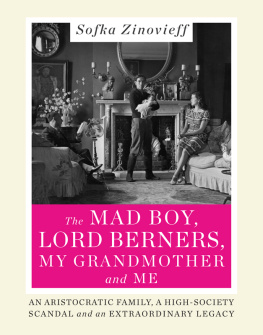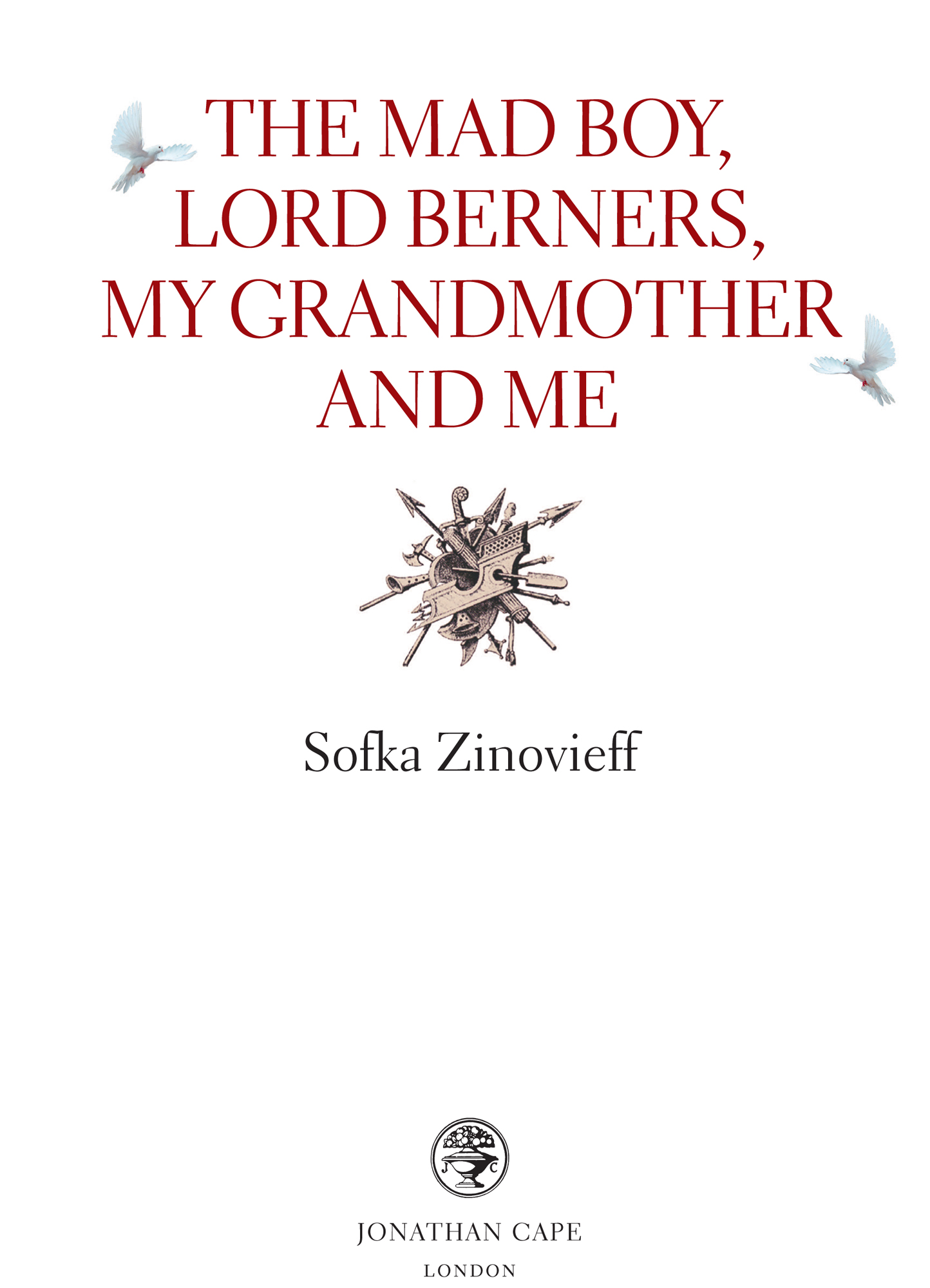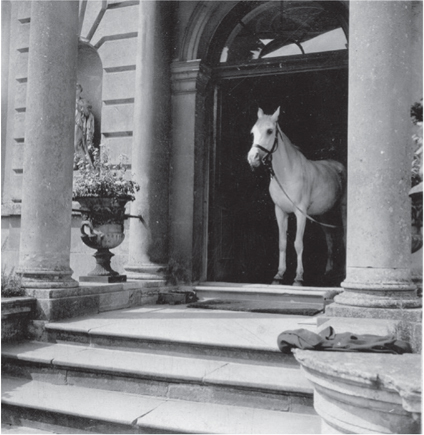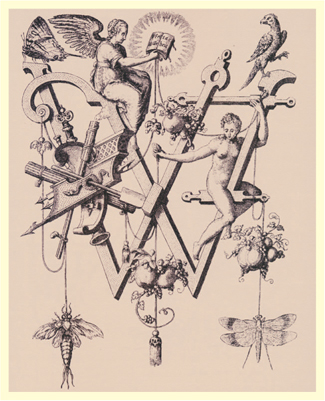CONTENTS
About the Book
Faringdon House in Oxfordshire was the homeof Lord Berners, composer, writer, painter,friend of Stravinsky and Gertrude Stein, aman renowned for his eccentricity masks,practical jokes, a flock of multi-coloured doves and his homosexuality. Before the war hemade Faringdon an aesthetes paradise, whereexquisite food was served to many of the greatminds, beauties and wits of the day.
From the early thirties his companion therewas Robert Heber-Percy, twenty-eight years hisjunior, wildly physical, unscholarly, a hotheadwho rode naked through the grounds, lovedcocktails and nightclubs, and was known toall as the Mad Boy. If the two men made anunlikely couple, at a time when homosexualitywas illegal, the addition to the household in1942 of a pregnant Jennifer Fry, a high societygirl known to be fast, as Roberts wife wassimply astounding.
After Victoria was born the marriage soonfoundered (Jennifer later married Alan Ross).Berners died in 1950, leaving Robert in chargeof Faringdon, aided by a ferocious Austrianhousekeeper who strove to keep the sameculinary standards in a more austere age.This was the world Sofka Zinovieff, Victoriasdaughter, a typical child of the sixties, firstencountered at the age of seventeen. Eightyears later, to her astonishment, Robert told herhe was leaving her Faringdon House.
Her book about Faringdon and its people ismarvellously witty and full of insight, bringingto life a vanished world and the almostfantastical people who lived in it.
About the Author
Sofka Zinovieff was born in London in 1961.She studied social anthropology at CambridgeUniversity, then lived in Greece and Moscow. Sheis the author of three previous books, EurydiceStreet: A Place in Athens, Red Princess: ARevolutionary Life (both Granta) and The Houseon Paradise Street. She is married to a Greekand lives in Athens.
ALSO BY SOFKA ZINOVIEFF
Eurydice Street: A Place in Athens
Red Princess: A Revolutionary Life
The House on Paradise Street
to Vassilis
This ebook is copyright material and must not be copied, reproduced, transferred, distributed, leased, licensed or publicly performed or used in any way except as specifically permitted in writing by the publishers, as allowed under the terms and conditions under which it was purchased or as strictly permitted by applicable copyright law. Any unauthorized distribution or use of this text may be a direct infringement of the authors and publishers rights and those responsible may be liable in law accordingly.
Version 1.0
Epub ISBN 9781448105199
www.randomhouse.co.uk
Published by Jonathan Cape 2014
2 4 6 8 10 9 7 5 3 1
Copyright Sofka Zinovieff 2014
Sofka Zinovieff has asserted her right under the Copyright, Designs and Patents Act 1988 to be identified as the author of this work
Extract from Some People by Harold Nicolson reproduced by permission of the Harold Nicolson Estate Lines from The Green Eyed Monster, Words by Esther Duff, Music by Lord Berners Copyright 1920 Chester Music Limited. All Rights Reserved. International Copyright Secured. Used by permission of Chester Music Limited.
First published in Great Britain in 2014 by
Jonathan Cape
Random House, 20 Vauxhall Bridge Road,
London SW1V 2SA
www.vintage-books.co.uk
Addresses for companies within The Random House Group Limited can be found at: www.randomhouse.co.uk/offices.htm
The Random House Group Limited Reg. No. 954009
A CIP catalogue record for this book is available from the British Library
ISBN 9780224096591
LIST OF ILLUSTRATIONS

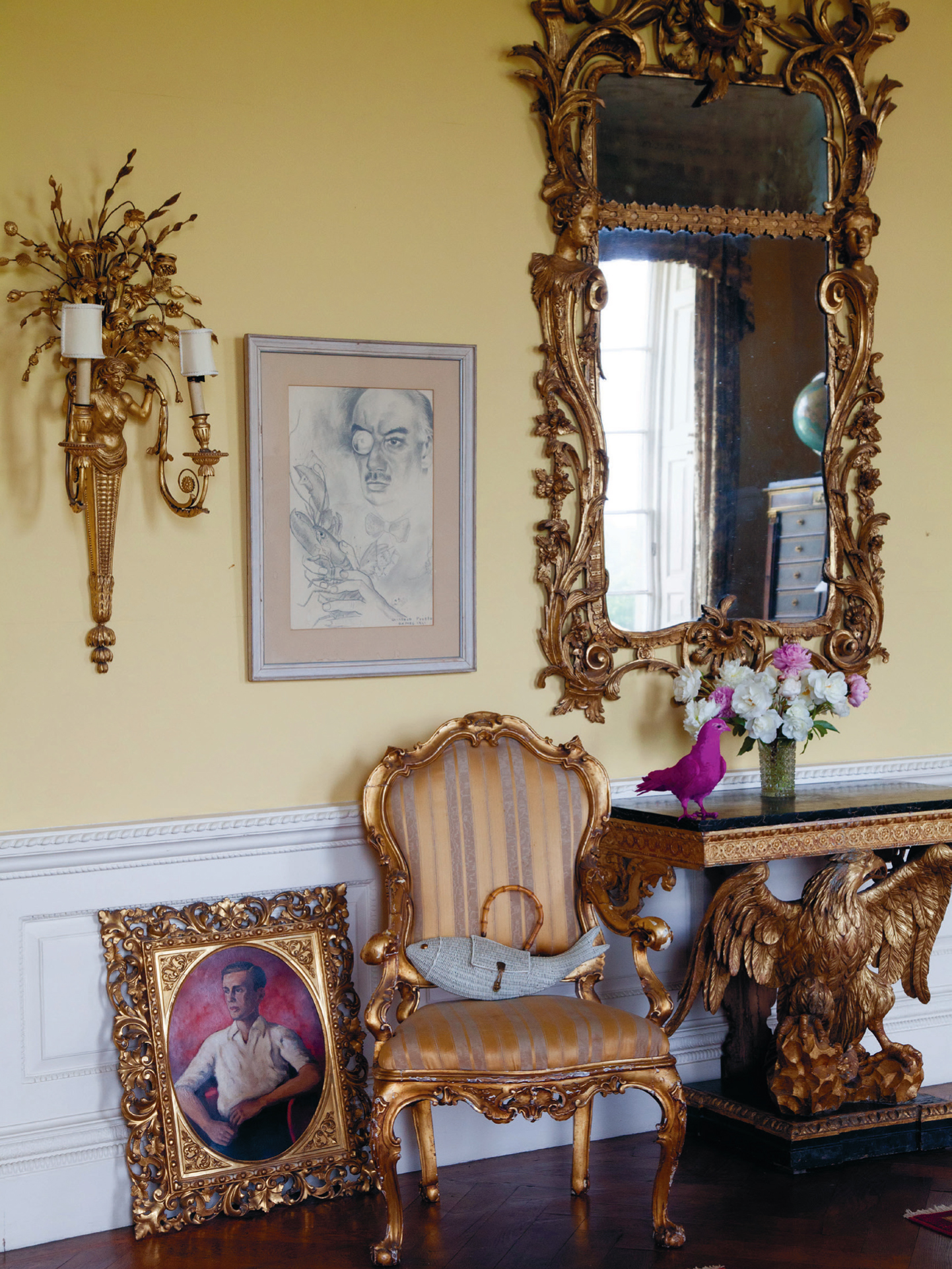
T HE DRAWING ROOM AT F ARINGDON: PORTRAIT OF THE YOUNG R OBERT H EBER -P ERCY BY G ERALD B ERNERS; PORTRAIT OF B ERNERS HOLDING A LOBSTER BY G REGORIO P RIETO; J ENNIFERS FISH-SHAPED HANDBAG ON THE CHAIR, AND ONE OF THE PINK DOVES ON THE TABLE
CHAPTER ONE
A Fish-shaped Handbag
HEN I WAS SEVENTEEN , my mother took me to stay with her father for the first time. I knew that she didnt really like him, that he was homosexual, and that his house was remarkable. It took less than two hours to drive to Oxfordshire from London and I was full of anticipation as we arrived in the market town of Faringdon. Heading towards the church, we passed through an old stone gateway and into a driveway that began almost sinister, darkly hedged-in like a tunnel. Then an unexpectedly dramatic vista opened up between the trees; the town was left behind and an immense stretch of green countryside was revealed. Swinging to the right, we arrived in front of the house almost before we had seen it. A four-square, grey building, it was grand but not intimidating, handsome yet playfully gracious and as enticing as a Georgian dolls house.
As we came to a halt, the gravel crunched luxuriously and I watched in wonder as a flock of doves, coloured jubilant rainbow shades of blue, green, orange, pink and mauve, fluttered up like a hallucination. They swooped a couple of showy circuits around the roof of the house before landing nearby and picking matter-of-factly at dead insects on the wheels of our car. My mother explained that these dyed birds were a tradition, started by Gerald Berners many decades before. I had gleaned a little about Lord Berners in particular that Robert, my grandfather, had been his boyfriend. I also knew that Berners had been an eccentric who composed music, wrote books and painted, and that he had left Faringdon House to Robert when he died. The 1930s had been their glory days together, when Gerald Berners created an aesthetes paradise at Faringdon. Exquisite food was served to many of the great minds, beauties and wits of the day. The place was awash with Mitfords, Sitwells and other visitors as diverse as Igor Stravinsky, Gertrude Stein, Salvador Dal, H. G. Wells, Frederick Ashton and Evelyn Waugh. But my mother was not enthusiastic about the glamour or impressed by the famous old friends. She associated the place with snobbery, camp bad behaviour and a lack of love and affection. She had tried to get as far away as she could from this environment, and hadnt wanted to bring her three children into contact with it.
Robert was standing on the pillared porch under the crystal chandelier, a bullish boxer dog by his side. In his late sixties, my grandfather was wearing a well-cut dark blue suit and holding a drink and a lit cigarette in one hand. A wave of thick, metallic-grey hair swept off his forehead and unkempt eyebrows pitched at a rakish angle. I kissed him he was my relation, even if I didnt know him. Nobody had told me then that his long-standing nickname was the Mad Boy, but his expression was obviously mischievous, his laugh a raucous bark. He must have been amused when Victoria, my thirty-five-year-old mother, and I introduced our boyfriends hers much younger, mine much older; it was 1979. Robert turned our unlikely group into a joke for the next weekends guests.

